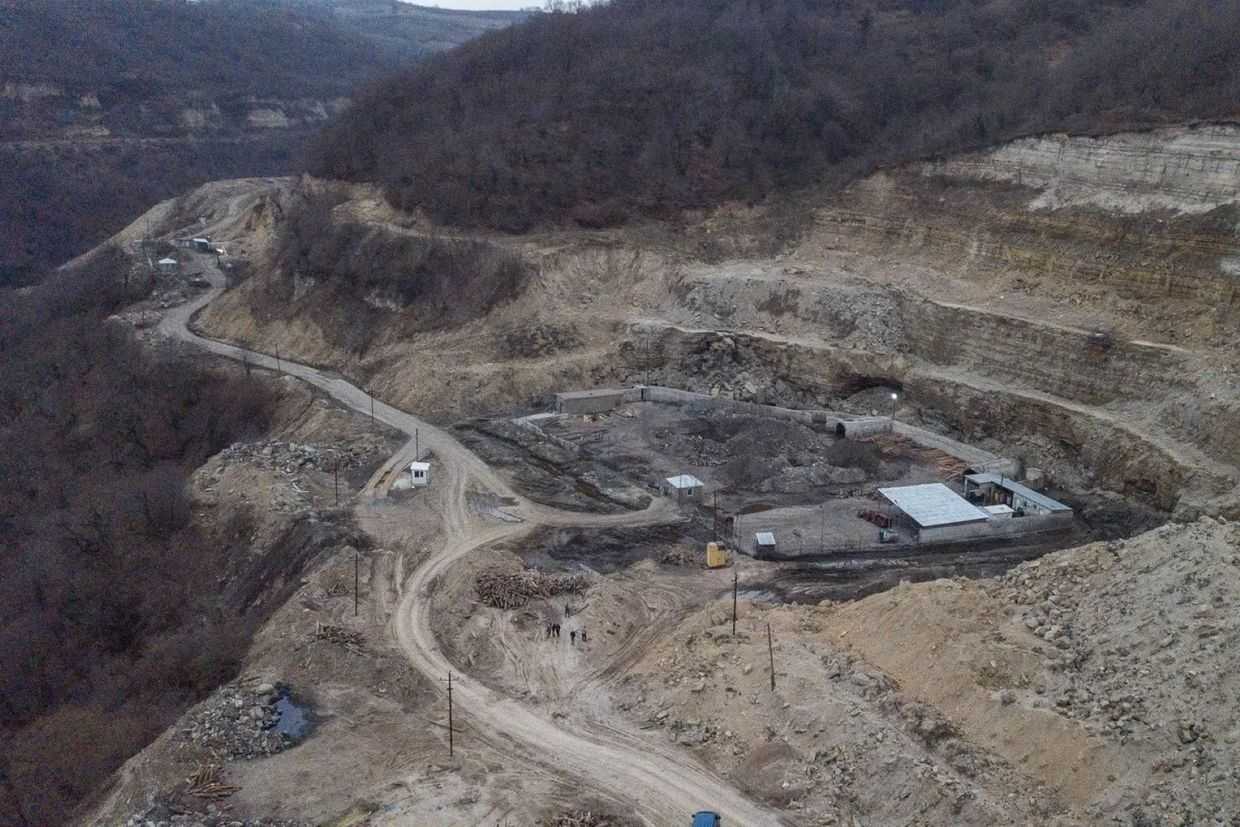
Roughly one-third of Stepanakert (Khankandi), the capital city of Nagorno-Karabakh, has had no water for ten days. For now, only rain can address the problem, officials say.
‘The weather forecast is not promising rain anytime soon’, Hunan Tadevosyan, the spokesperson for the Interior Ministry of Nagorno-Karabakh told OC Media. ‘The government is working to solve the problem as soon as possible. But, the only ultimate solution is a change in the hot weather’.
The water shortage began on 7 August. The reason for the crisis is the summer heatwave and ongoing drought, according to local officials. Some quarters of the city haven’t had water for days; while others have it for a few hours at night.
Currently, only Stepanakert is facing a water shortage, with other settlements in Nagorno-Karabakh redirecting their water supplies to aid the capital with the Ministry of Emergency Situations organising the transfer of water by vehicle.
Tadevosyan said the situation is not critical yet, but if it becomes so, the Nagorno-Karabakh government will request help from authorities in Armenia and supply water from Armenia’s Syunik province.
To prevent water waste, Nagorno-Karabakh authorities have closed swimming pools and other water-using recreational areas. Nagorno-Karabakh President Arayik Harutyunyan has stated that in addition to the drought, one of the reasons for the water crisis is that the population of Stepanakert has dramatically increased since the Second Nagorno-Karabakh war.
Irina Safaryan, a refugee from Hadrut, who currently lives in Stepanakert told OC Media that city residents are either buying water or getting it as aid from the HALO Trust and the International Red Cross Society. Since 16 August, the Russian peacekeeping mission in Nagorno-Karabakh has been providing water aid.
‘The restaurants are working, surprisingly’, Safaryan said, adding that she didn’t know how they managed to do it. She said one hotel and fitness club, that feeds its swimming and showers with a private water supply, has become a refuge for affected residents, including herself.
‘Before, my motivation for going there was the sport’, she quipped.
While local officials say the reason is the ongoing heatwave and the increased demand of water, some local residents have speculated that Azerbaijan has had a hand in the water crisis, by diverting the Qarin Tak (Dashalty) river. Hunan Tadevosyan told OC Media that such speculation is groundless.
‘The river is there. But it needs rain to flow in full force and be enough for filtration and usage’.
For ease of reading, we choose not to use qualifiers such as ‘de facto’, ‘unrecognised’, or ‘partially recognised’ when discussing institutions or political positions within Abkhazia, Nagorno-Karabakh, and South Ossetia. This does not imply a position on their status.






